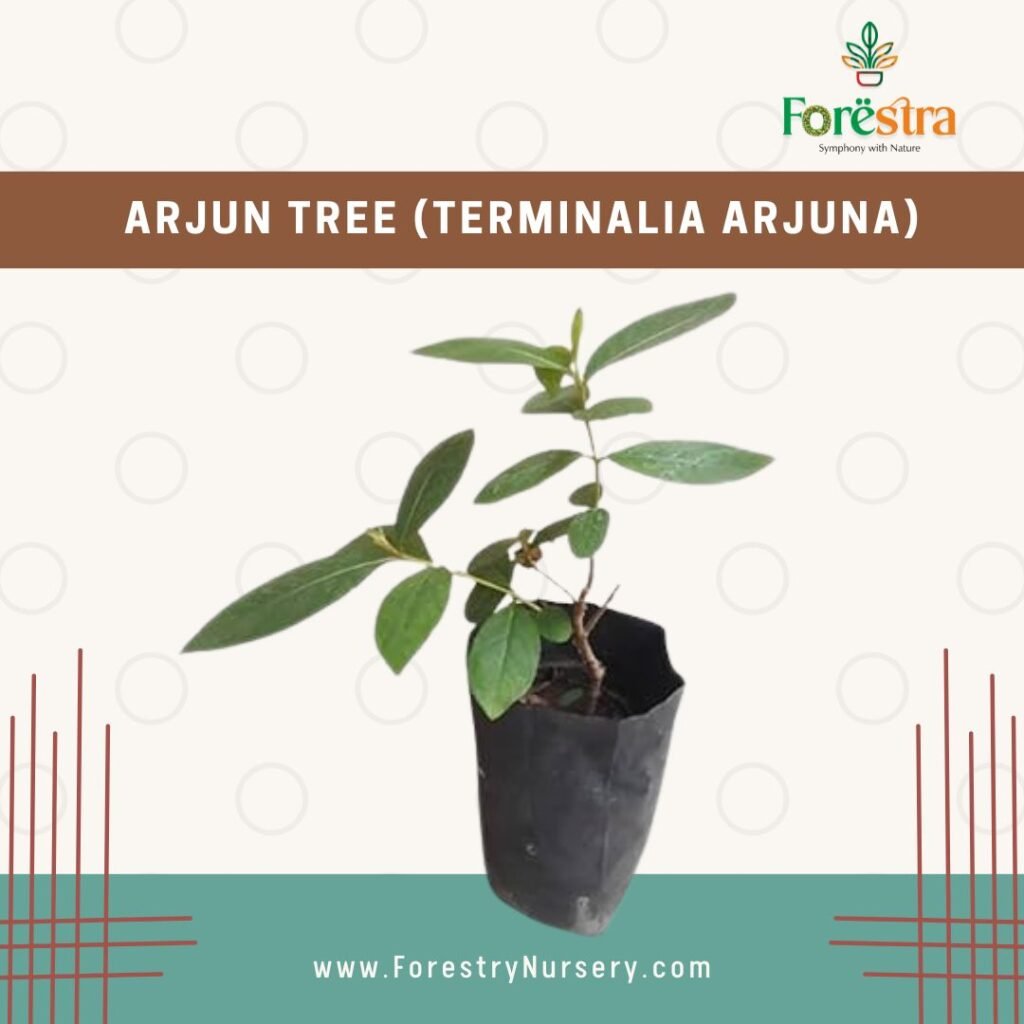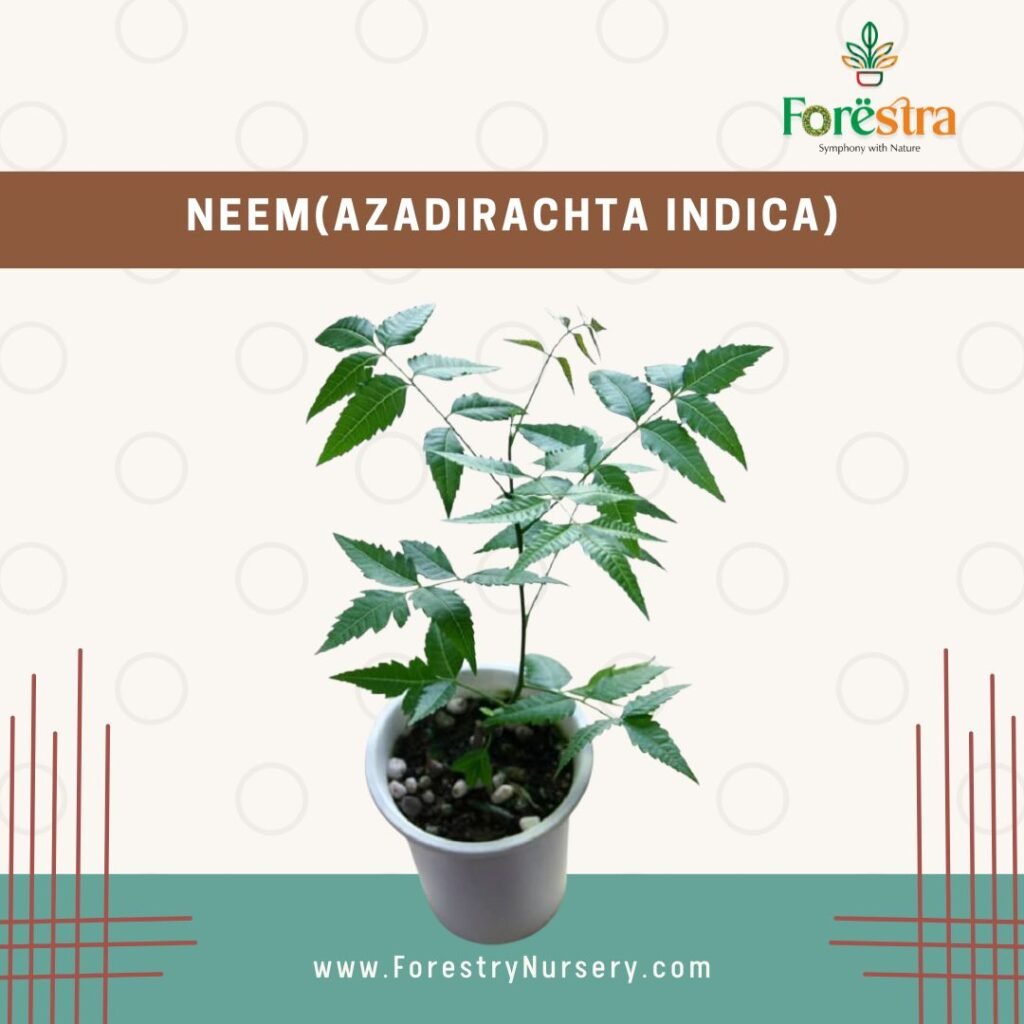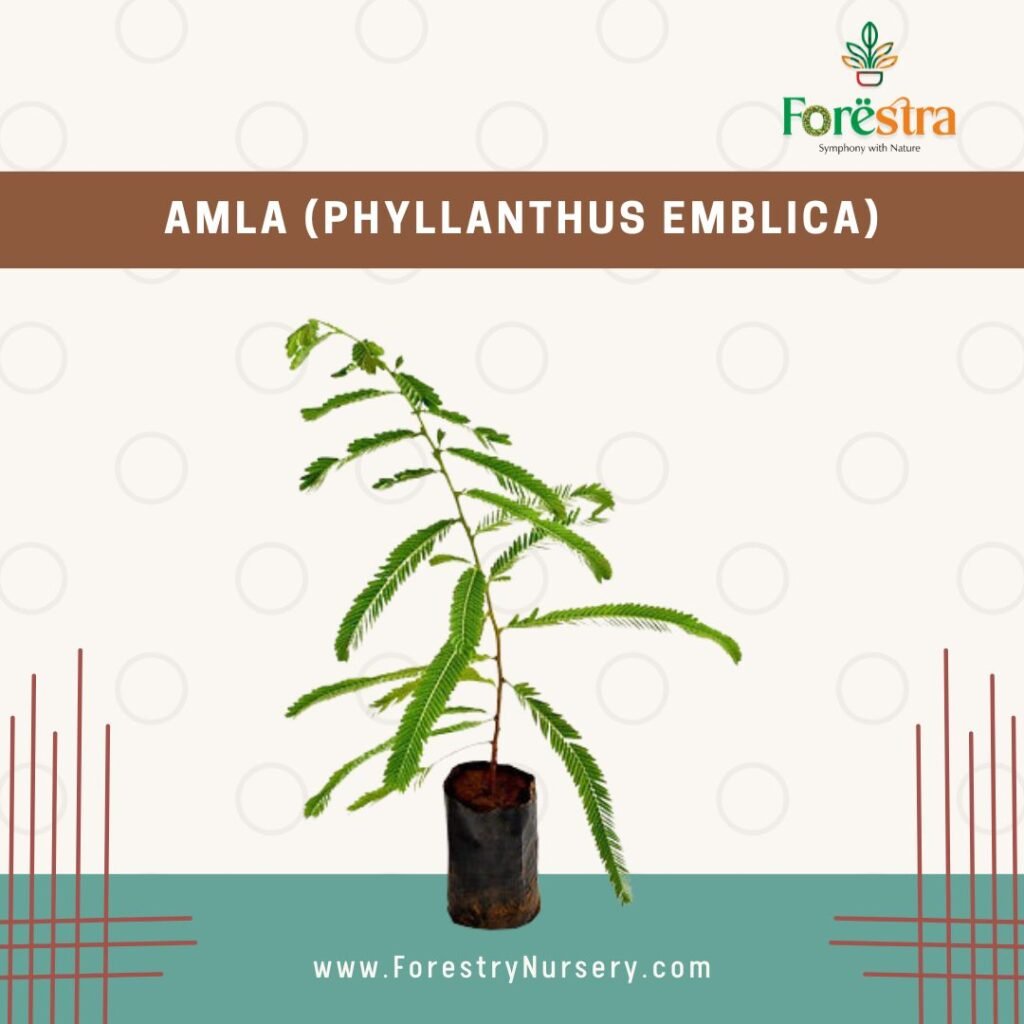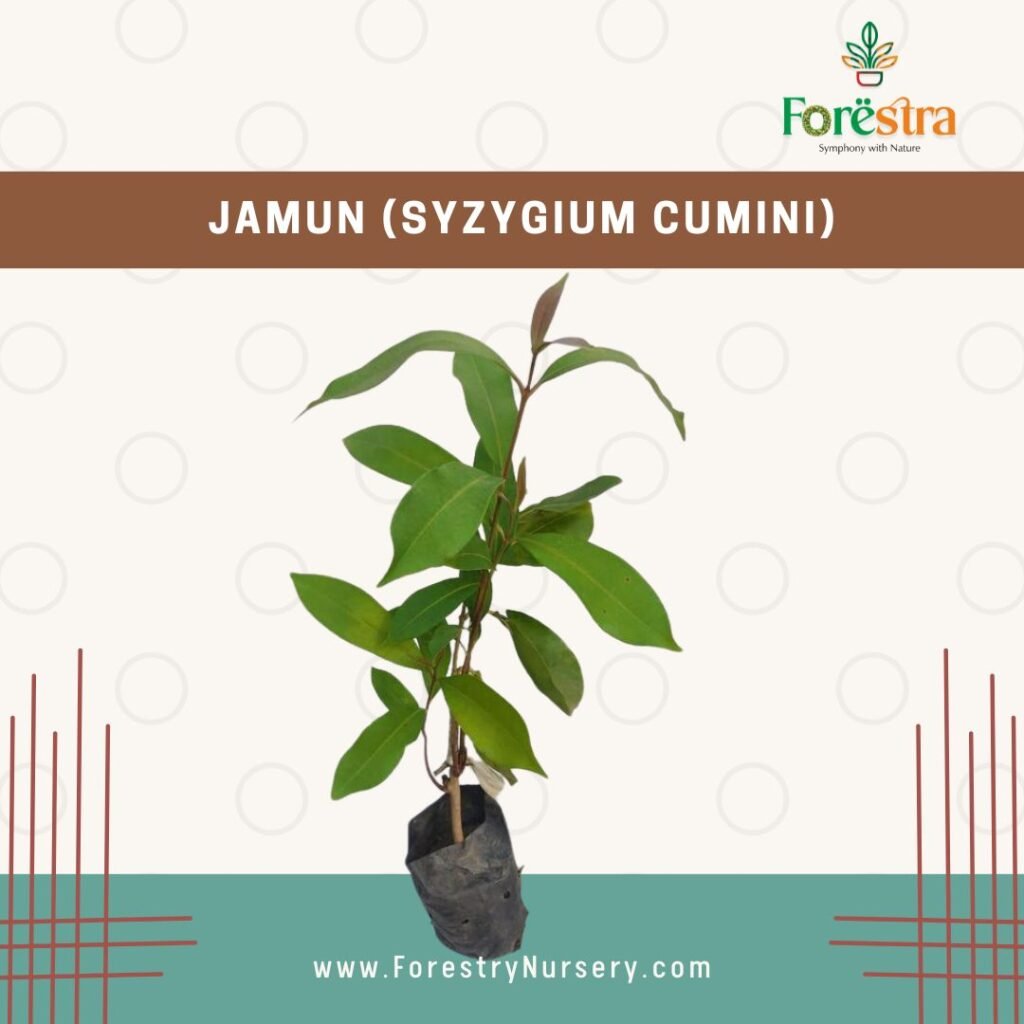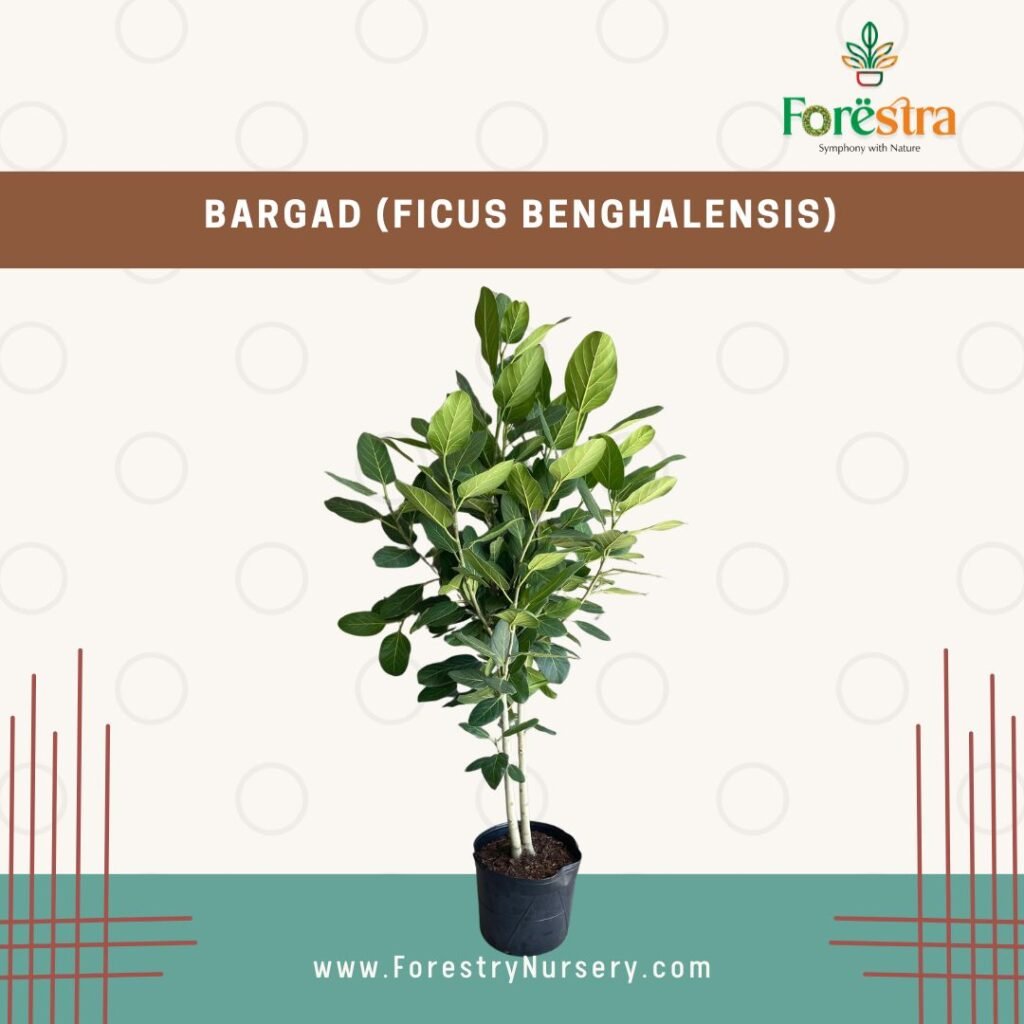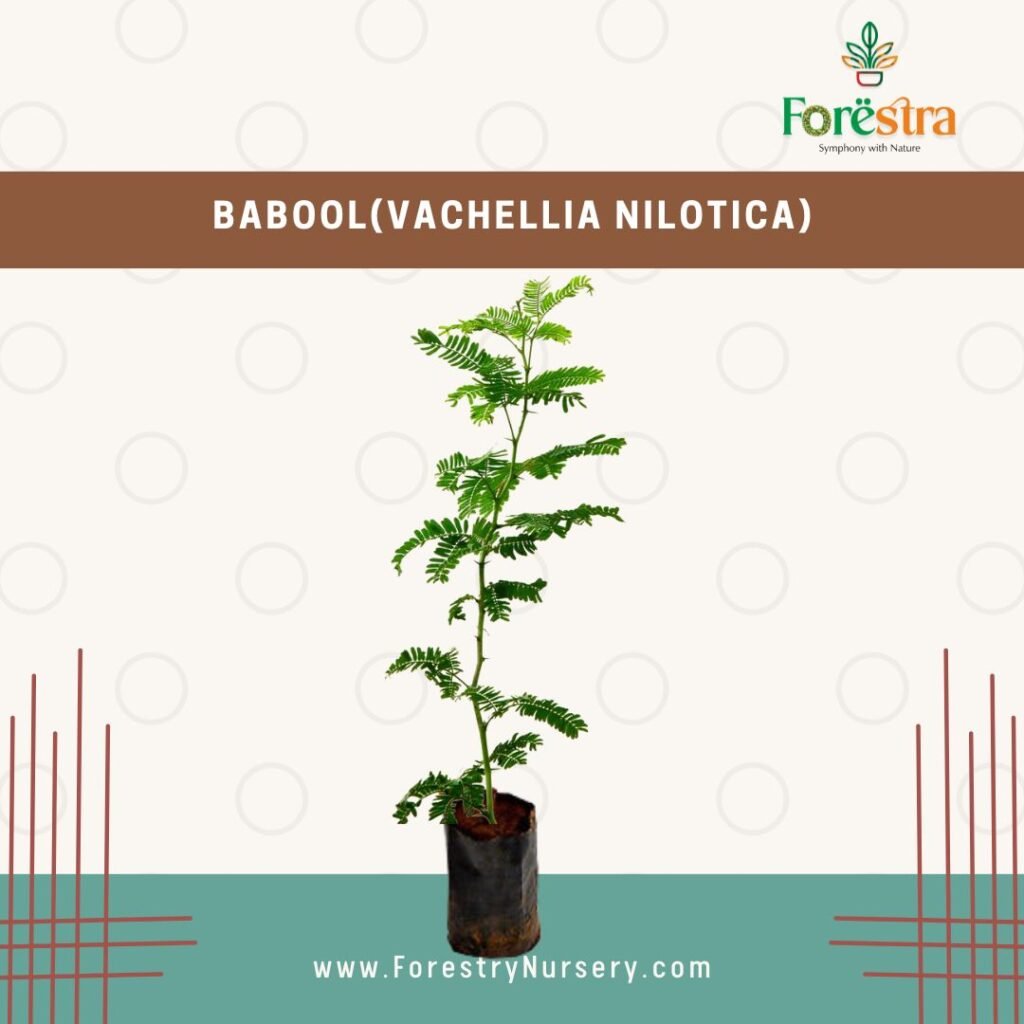Maintaining a clean and healthy smile doesn’t have to involve artificial chemicals or synthetic ingredients. Many conventional toothpastes and mouthwashes contain fluoride, sulfates, artificial sweeteners, and preservatives, which some people prefer to avoid. Fortunately, there are natural alternatives that can help keep your teeth and gums healthy without exposing you to unnecessary chemicals.
Why Choose Chemical-Free Tooth Cleaning?
- Avoid Harmful Ingredients – Many commercial toothpastes contain triclosan, parabens, and artificial dyes that may have negative health effects over time.
- Gentle on Gums – Natural alternatives are often milder and less abrasive, reducing the risk of gum irritation and enamel erosion.
- Eco-Friendly – Chemical-free oral care reduces pollution and plastic waste associated with commercial toothpaste packaging.
- Holistic Health Benefits – Some natural ingredients not only clean teeth but also offer additional health benefits, such as reducing inflammation and freshening breath naturally.
Natural Alternatives for Tooth Cleaning
Brushing teeth with twigs is an ancient practice that continues to be relevant in modern natural oral care. There are many such remarkable twigs available in the mother nature. We just have forgotten our ancient wisdom and that has become the cause of many ail in our lifestyle.
At Forestra nursery we are determined & committed to uncover such ancient wisdom lost in time and bring it in front to make future bright.
Here are some of plants whose Twig / Aerial Root can be used for Oral Hygiene.
1. Arjun Tree (Terminalia arjuna) Twig:It has been valued in Ayurveda for its medicinal properties.It helps maintain normal blood pressure and heart rate. This is due to its Hrdya (cardiac tonic) property.Arjun twigs serve as an excellent natural toothbrush, providing numerous oral health benefitswhile being eco-friendly and free from synthetic chemicals.
2. Neem (Azadirachta indica): The neem tree (Azadirachta indica), twigs are packed with antibacterial, antifungal, and anti-inflammatory properties, making them a powerful tool for maintaining oral hygiene and intestinal infections. The mildly abrasive nature of neem helps remove stains, leading to brighter teeth.
3. Amla (Phyllanthus emblica): Amla stems, like the fruit, offer numerous health benefits, including boosting immunity, improving digestion, improve lungs and promoting healthy skin and hair, thanks to their rich antioxidant and vitamin C content.
4. Jamun (Syzygium cumini): Jamun twigs, are traditionally used for oral hygiene and offer benefits like strengthening teeth and gums, preventing gingivitis, and fighting bad breath due to their antibacterial and astringent properties.
- 5.Bargad (Ficus benghalensis):the aerial stems (or roots) of the banyan tree (Ficus benghalensis) are used for various ailments, including diarrhea, dysentery, and as a natural toothpaste, while also being believed to boost immunitytreat gum problem strengthen teeth and blood purification.
- 6. Babool (Vachellia nilotica): It offer numerous oral health benefits, including strengthening gums, teeth, and reducing plaque and inflammation, due to their antimicrobial and anti-inflammatory properties.Regular use of babool twigs can help strengthen gums and teeth, promoting overall dental wellness. Twigs possess antimicrobial and anti-inflammatory properties that can help combat plaque formation and reduce gingival inflammation&eliminate bacteria that cause bad breath, leaving your mouth feeling fresh and clean.
There are many more plants whose twigs can be used for datun or brushing teeth.Unlike commercial toothpaste and plastic toothbrushes, all these options are chemical-free, biodegradable, and environmentally friendly.
How to Use a Twig for Brushing
- Select a Fresh Twig – Choose a neem twig that is about 6–8 inches long and pencil-thick in size.
- Chew One End – Gently chew one end of the twig until the fibers separate, forming a natural brush.
- Brush Gently – Use the fibrous end to brush your teeth in a circular motion, covering all surfaces.
- Spit and Rinse – After brushing, spit out any residue and rinse your mouth with water.
- Trim the Used End – Cut off the used portion of the twig and store it for future use.
Note: Every time you use twigs to brush your teeth little bit of twig extract will mix with saliva and be absorbed by your body which is beneficial.
Additional Tips for a Naturally Healthy Smile
- Eat a Tooth-Friendly Diet – Crunchy vegetables, nuts, and dairy products help strengthen teeth and promote saliva production.
- Drink Plenty of Water – Helps wash away food particles and neutralize acids in the mouth.
- Use a Bamboo Toothbrush – A sustainable option that is gentle on gums and eco-friendly.
- Floss with Natural Silk Floss – Avoid plastic-based floss and opt for natural fibers.
By choosing chemical-free tooth cleaning methods, you can maintain excellent oral hygiene while embracing a more natural, holistic approach to health. Give these natural alternatives a try and enjoy a cleaner, fresher smile—without the chemicals!
Final Thoughts
Usingtwigs&aerial roots of different plants as a natural toothbrush is a time-tested, chemical-free approach to oral hygiene. Not only do they promote healthy teeth and gums, but they also support sustainability by reducing plastic waste. By incorporating neem twigs into your daily routine, you can embrace a holistic, eco-friendly method of maintaining excellent oral health.
We, the advocates of natural wellness and sustainability, pledge to promote the planting of herbal trees in parks, public spaces, and community areas to ensure easy access to natural remedies for all. We recognize the immense benefits that herbal trees, such as neem, arjun, tulsi, and amla, offer in promoting health, purifying the air, and enriching biodiversity.
Our Commitment:
- Encouraging Awareness – We will educate communities about the benefits of herbal trees and their role in natural healing.
- Planting and Preserving – We commit to planting and nurturing herbal trees in urban and rural areas, ensuring their growth and protection.
- Collaborating for a Greener Tomorrow – We will work with local authorities, environmental organizations, and volunteers to create green spaces enriched with medicinal plants.
- Promoting Sustainable Living – By fostering the use of herbal remedies, we aim to reduce dependency on synthetic products and encourage a healthier, chemical-free lifestyle.
- Leaving a Legacy for Future Generations – We pledge to create a sustainable environment where future generations can benefit from the healing power of nature.
Together, we can make a difference by integrating nature into our daily lives and ensuring that everyone has access to the powerful healing properties of herbal trees. Let’s take a step towards a greener, healthier, and more sustainable world!
Disclaimer
The information provided in this blog is for educational and informational purposes only. It is not intended as a substitute for professional medical advice, diagnosis, or treatment.


